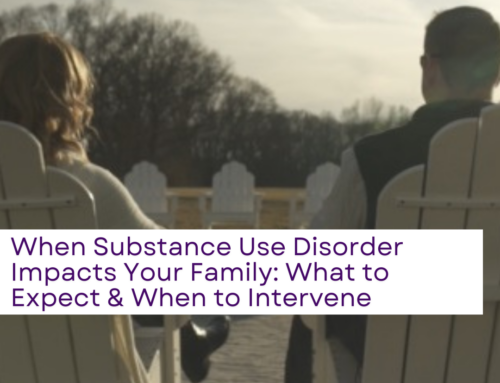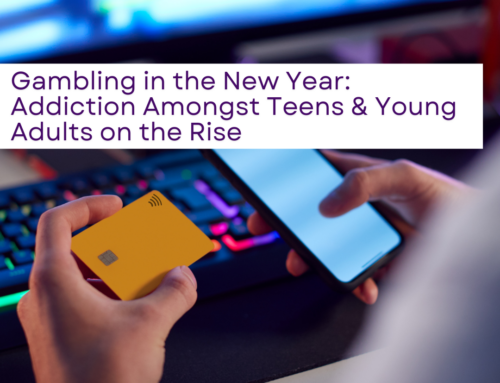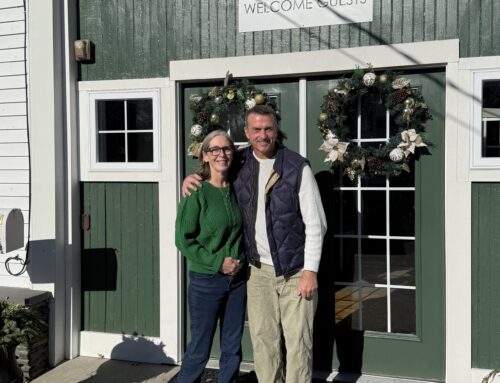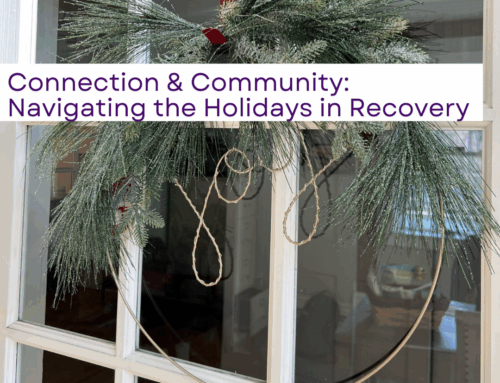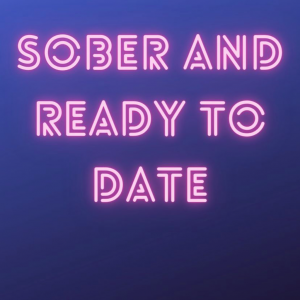
Valentine’s Day is just around the corner, where couples will plan sweet dates and post their loving messages on social media. But what about those in recovery… When is dating a good idea?
In a culture where inclusivity is everything, telling those in early recovery to abstain from dating for one year can feel outdated. This blanket rule, however, has merit.
This week we dive into the complexities of dating in early recovery, and why waiting pays off in the long run.
Dating in Early Recovery
It is strongly suggested that those in recovery wait a year before dating… and there is good reason. The first year of sobriety is a tenuous time where people are rediscovering themselves and developing new habits to live a sober life. The following are dangers that arise when introducing a new relationship at this crucial time:
-
Choosing an Unhealthy Partner– Until you embrace wellness, mind, body, spirit, it can be difficult to recognize an unhealthy person, and oftentimes unhealthy may feel comfortable. In 12 step groups it is said that “water seeks it’s own level” meaning you will choose your partner according to how you feel inside. Getting into a relationship after the inner work of your first year will lead to seeking healthier partners.
-
Replacing The Substance– It is common in early sobriety to look for things to fill the void of what substances once did. Instead of filling new-found time and energy on healthy habits for recovery and self discovery, it is invested into the new relationship. The relationship then becomes more important than sobriety and recovery can be put at risk.
-
Dating Someone From Your Past– If you choose to get into a relationship with someone from your past who uses substances, the risk of running into triggers is very high. This situation may put recovery into consistent jeopardy.
-
Making The S/O Your Higher Power– 12 step programs recommend following spiritual principles and stress the belief in a higher power as a path to recovery. If you get into a relationship, the person may become your higher power, and the danger is that people will fail you and relationships end. A higher power will never fail or leave you.
-
The Relationship May End– The ending of relationships comes with intense feelings that those in recovery may not be equipped to handle. These emotions can lead to the urge to self medicate, and since the tools of recovery are not solid a relapse may ensue.
Sarah Heppola, author of The New York Times best-seller Blackout: Remembering The Things I Drank to Forget started attending 12 step meetings at age 25, but found the rule of no dating in the first year unfair. She had put together some sober time, however she wanted to have an escape with a man, and drinking was the only way to quell her insecurities. Fast forward a decade, at 35 Sarah was back in the meeting rooms and had to revisit the rule in which she still disagreed:
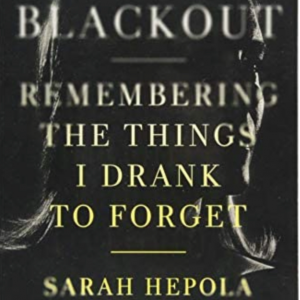
“I had no interest in following the rules, but I did accidentally, because none of the relationships I wanted came even close to working out,” she says. “I ended up not dating for two years. This was surprising to me, because I’d been so casual about sex when I was drinking. But alcohol had been an escape from my body and my insecurities, [and] it took a long time for me to feel comfortable being known and seen. A lot of the qualities a woman needs to date successfully – a sense of her own worth, proper boundaries, trust in her own gut – those had been plowed down by years of excessive drinking, and they took a long time to grow back. A lot of us have a fantasy that dating someone will make the process easier, but it makes it much harder.” (Source)
Healthy Dating in Recovery
Falling in love and getting into a healthy relationship is a beautiful thing. With the first year of sobriety behind, it’s up to the individual to evaluate where they are in their recovery journey. If they have done substantial work on themselves and are living a mindful and healthy life in recovery, it may be a good time to consider dating. Here are some things to keep in mind when venturing out:
-
Check in With Your Recovery Network– Having a talk with your sponsor, therapist, and sober network to see if they support you dating is a good place to start. Your peers can validate if you are ready for this step, or if more time is needed. While dating it’s important to keep in touch with these people because there may be disappointments along the way, and your network will remind you that sobriety comes first.
-
Be Mindful and Take it Slow– The more mindful we are, the better we’re able to implement strategies to remain emotionally balanced. The slower we take a relationship, the more time we have to remain mindful. While whirlwind romances are fun to watch on Netflix, being pragmatic may help to keep emotions balanced and recovery intact.
-
Honesty, Honesty, and More Honesty– When dating in recovery, we need to be honest with ourselves and our expectations, the other person, as well as our support network. While talking about your recovery may not be something you want to bring up on a first date, if you see a relationship going somewhere, you will need to be honest that your sobriety is a top priority, and what that means for the relationship.

At Herren Wellness we understand the challenges of dating in recovery. We believe that before dating can take place in recovery, the individual must do the inner work on themselves to get to a healthy place where good choices can be made. A person who is whole in their recovery deserves to have a healthy partner in life, a relationship with recovery as a foundation can be a beautiful thing. When self-love takes priority, falling in love with the right person is an adventure not to be missed.
About Herren Wellness
When you come here, you are immediately connected with a thriving community of people at all stages of their recovery journey. We introduce healthy habits and routines centered around emotional, physical, and spiritual wellness that provide a solid foundation for rediscovering your interests, experiencing joy in sobriety, and building structure and routine.
We provide several alumni support communities, including a weekly recovery support group, monthly alumni meeting, and online alumni community you can access anytime. Your connection to Herren Wellness doesn’t end when your stay ends; we are there for you throughout your recovery journey.
If you, or a loved one, are looking for help, please call us at (844) 443-7736, email us at info@herrenwellness.com, or fill out a contact form. You are not alone.


